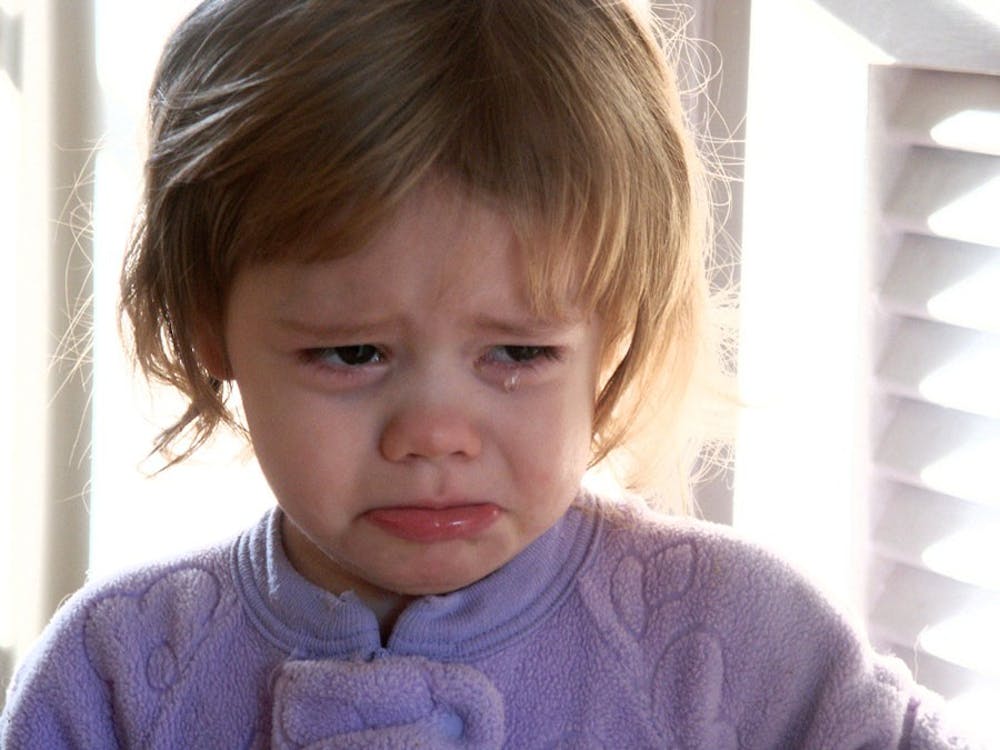By Julia Oller | Echo
College students are wimps.
We have the backbone of jellyfish and the stamina of a toddler running a marathon.
And as the end of the semester nears, bringing with it a need to endure, the dregs of our pitiful tenacity sink to the bottom of a Netflix ocean.
According to a recent article in Psychology Today, our poor academic and emotional resilience is mostly due to our inability to accept failure, which paralyzes our ability to problem-solve.
Our generation grew up under a strange tension of hovering parents who both coddled their children and demanded the highest levels of success from them, meaning we carry entitlement in one hand and fear in the other.
Given these factors, it's unsurprising that the American Psychological Association reported a 28 percent increase in campus counseling center visits between 2000 and 2010. But the reason behind the increase demands further investigation.
The author of the Psychology Today article mentions an instance in which two college women received counseling after finding a mouse in their apartment. The experience might have caused anxiety, but it did not merit this extreme reaction.
Although higher education institutions have a responsibility to provide for their students' general well being, millennials' lack of grit in everyday circumstances is grinding away their ability to grow.
In 2014, several Ivy League schools-including Harvard, Princeton and Columbia-founded the Resilience Consortium, which compiles research and resources to address student endurance.
The group's purpose statement explains that today's students face daunting tasks requiring resilience and that colleges should do all they can to support students in this way.
However, I believe that universities shouldn't be forced into parenting capable adults through the learning process. We are responsible for owning our failures as well as our successes.
Too many times I've heard my peers, as well as myself, shift the blame for mistakes onto professors or staff members. Instead of admitting we didn't study enough for a test, for example, we gripe that the instructor didn't prepare us well enough.
Professors face a difficult decision: either please students or or mold them into resilient people. If they let students fail, professors may receive poor evaluations. If they humor student requests for lightened loads or second chances, they enable students to continue shirking failure.
As someone who cried when I didn't receive a perfect grade on a paper my freshman year, I understand the struggle to accept imperfection. I also understand that years of parental oversight can create dependent students who aren't sure how to own their decisions.
Once we graduate, we'll face the everyday realities of bosses who won't guide us through our problems, co-workers who won't appreciate dependency and multiple life crises that will demand we stand firm.
Before we are pummeled by the an unsympathetic world, it's time to practice endurance on a smaller scale. Refusing to let either failure or achievement control our identity formation leads to a stable life ready for whatever may come.
Let's leave the pouting behind.





